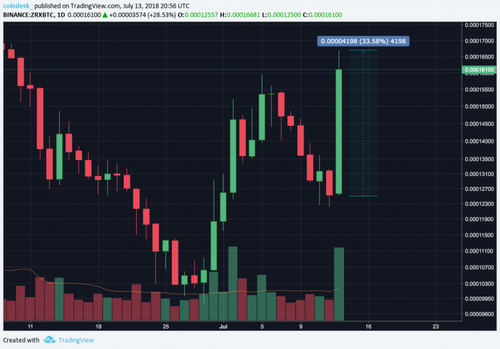Consider it another scientific blow to the global supplements industry, adding to a growing heap of research that’s debunking the value of taking vitamin supplements, a growing market worth more than $130 billion globally.
A new report published by the National Institute for Health and Research in the UK shows the long-term effects of taking omega-3 pills doesn’t stack up to the hype.
Scientists around the world in recent years have warned that many vitamin supplements-often sold on promises of glowing health and added longevity-aren’t as effective as advertised. They’ve said it about vitamin D pills, calcium pills, and now they’re saying it about omega-3 supplements.
Omega 3 most often is sold in the form of little golden pills, each containing a type of fat often marketed as a way of reducing the risk of heart disease and stroke. But the new study-a systematic review of 79 randomized trials that collectively involved more than 112,000 people-is poking holes in the case that supplement manufacturers have been making for years.
There are three main types of omega-3 fatty acids: alpha linolenic, eicosapentaenoic, and docosahexaenoic. The first is mostly found in plants and nuts. The latter two are commonly found in fish, including salmon and cod. The idea behind the supplement is that if people increase their intake of omega 3 beyond what they normally get in their diets, it will reduce blood pressure and cholesterol levels. That, in turn, will decrease the risk of heart-related problems and stroke.
Yet after reviewing available studies, the UK researchers determined taking such supplements “probably makes little or no difference to risk of cardiovascular events, coronary heart deaths, coronary heart disease events, stroke or heart irregularities.” People generally get enough omega-3 fatty acids in their regular diets, they said, and consuming more doesn’t make a measurable difference.
The finding makes sense in the broader context of vitamin supplements. There’s still a lot of mystery in this space because a lot of studies on supplements have been observational, and didn’t compare actual supplements against placebos in controlled settings, according to Harvard Medical School. These studies also rarely take into account a person’s exercise habits, diets, and other important day-to-day variables.
In December 2017, the American Medical Association published new evidence debunking the power of vitamin D and calcium supplements, which echoed a 2013 editorial in the Annals of Internal Medicine that stated the “case is closed” on most of the promised effects of mineral and vitamin supplements.


